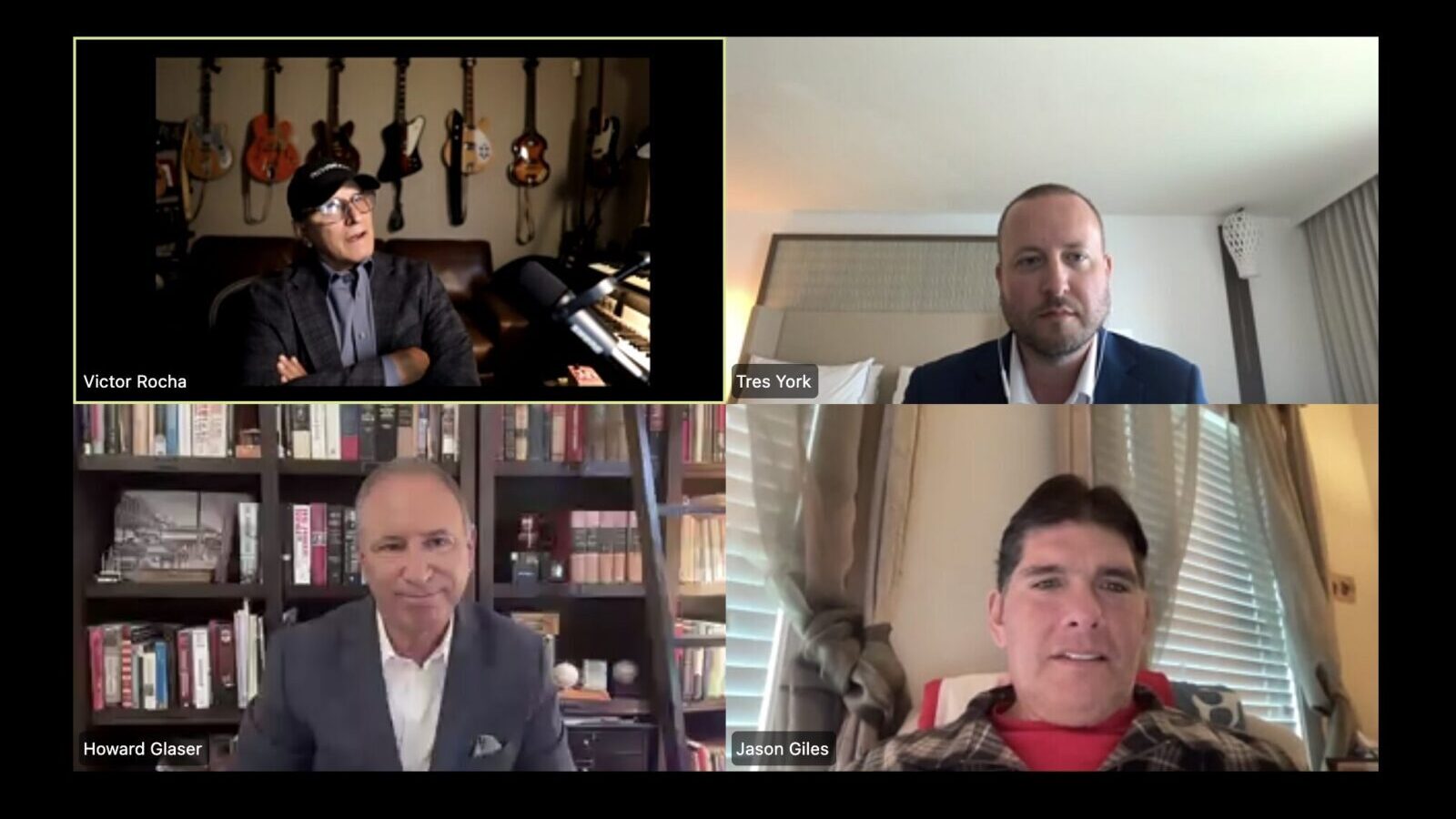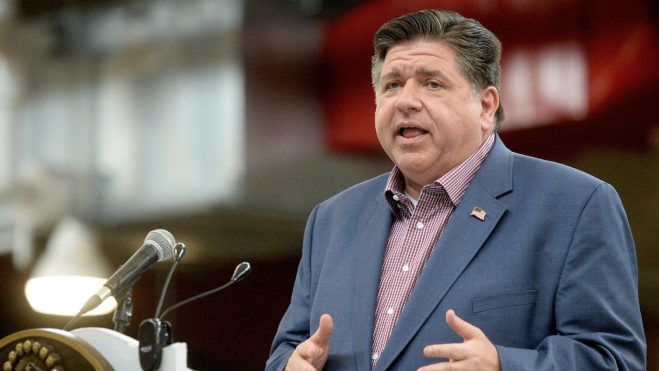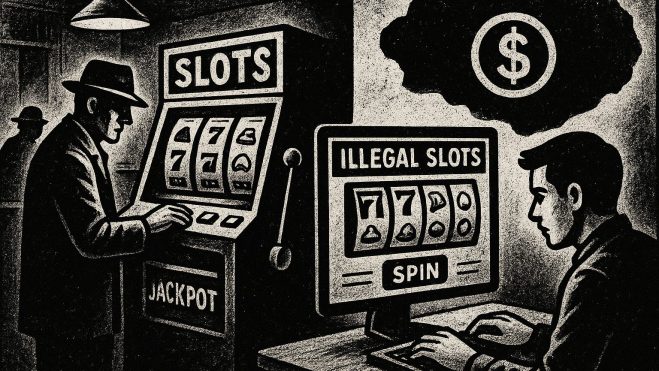‘Coordinated Attack’ Underway On Operators Not Regulated By States
Panelists on industry webinar see their fight against sweeps, prediction markets gaining steam
3 min

The sheer volume of illegal and gray-market gambling sites acts as a strong offense, and playing defense against them has proven difficult.
But the new “coordinated attack” from states, including a plethora of cease-and-desist letters to sweepstakes platforms and an amicus brief in the Kalshi-New Jersey lawsuit signed by 34 attorneys general, is gaining traction, said the hosts and guests on Wednesday’s New Normal webcast, titled “From Loophole to Liability — States Fight Back Against Sweepstakes Casinos.”
With sweepstakes platforms, because legal digital gaming and sports betting markets are regulated by states, each state must individually fight back against each individual sweeps operator. That “fragments” the defense, the panelists said.
But regarding prediction markets, like Kalshi, which is federally regulated, the process is more “binary.” Essentially, Kalshi could be banished from all states by a single legal decision, whereas it would require multiple decisions to get sweepstakes platforms — which are perceived by the companies operating them as legal under sweepstakes law — out of every U.S. state and tribal nation.
It’s a game of ‘whack-a-mole’
That said, Light & Wonder Government Affairs Head and Chief Counsel Howard Glaser told hosts Victor Rocha and Jason Giles that when it comes to fighting sweepstakes companies, “It’s no longer about one company, it’s an assault on the entire industry.”
Tuesday, the Louisiana Gaming Control Board (LGCB), announced that it had sent out 40 cease-and-desist letters to unregulated operators. Neighboring Mississippi sent out 10. Those states joined a host of others, including Arizona, Maryland, Nevada, and Pennsylvania.
But the panel, which also included American Gaming Association Vice President of Government Relations Tres York, said that some companies that don’t get cease-and-desist letters are also taking note and acting.
Calling the chasing down of sweepstakes operators a game of “whack-a-mole,” the panelists said they are starting to see that some companies that have not received letters are still removing states that have taken a hard line from their availability list.
Glaser also said that once the biggest U.S. states, like California, New York, and Texas, begin to take a strong stance against sweepstakes, there should be more “uniformity” in what is considered acceptable state-to-state.
Bill coming in California?
Rocha, the Indian Gaming Association conference chair, said that “sources have told” him that legislation is coming in his home state of California to combat these platforms. He declined to be more specific, but said the “still waters run deep,” likely meaning that while the state has taken no public action, it has been addressing the issue behind closed doors.
As states wage battles against sweepstakes sites, the rise of prediction markets has served to bring often sparring members in the industry together. That Indian Country, legal gaming states, and industry organizations are aligned against prediction markets is no small thing. Besides states and tribes, the American Gaming Association, the Casino Association of New Jersey, and the New Finance Institute also filed amicus briefs in the New Jersey case.
“The amicus briefs that were filed in this case were from dozens of states from varying parties, and we rarely see attorneys general from so many different states come together on a single issue, so this is very unusual,” Glaser said. “And then you have 60 tribes … so this is an indicator of the level of concern.”
Said York: “You have a unified front … when stakeholders see that, it sends a powerful message. There are not a lot of things that bring groups together like this. This was a tremendous level of coming together … red, blue, purple, and other states, it’s a really emphatic statement.”
Tide turning?
So far, it has appeared that Kalshi, which is regulated by the Commodity Futures Trading Commission (CFTC), has been “winning” its court cases. In Maryland, Nevada, and New Jersey, courts have allowed the company to continue to offer sports event contracts. But New Normal participants say they hope things may be about to change.
“It was a really strong showing in New Jersey, it was important to get these in from so many diverse groups, and maybe, hopefully, this is the instance that might turn the tide on this,” York said. “We have some compelling arguments, and I sure as hell think that tribes have a compelling argument.”
With prediction markets, a key concern is that the regulation of sports betting — and stakeholders say sports event contracts are de facto sports betting — at the federal level is coming from an agency that is ill-equipped and ignorant of the nuances of gambling.
Traditionally, the CFTC has regulated futures contracts on agricultural products like soybeans or corn. But new kinds of contracts surfaced when Kalshi entered the fray with presidential election betting last fall and Super Bowl contracts in January.
Pair the Kalshi issue with the proliferation of sweepstakes operators, and the regulated industry is faced with attacks from all sides.
“This is an attempt to pull the threads out of the gaming regulatory system by overwhelming it,” Glaser said. “It’s just a lot of different kinds of illegal gambling, whatever is the flavor of week, it makes it harder to defend against.”
Said Rocha: “I don’t think the Kalshi guys expected to get punched in the mouth by this. The states aren’t going to to take it.”






